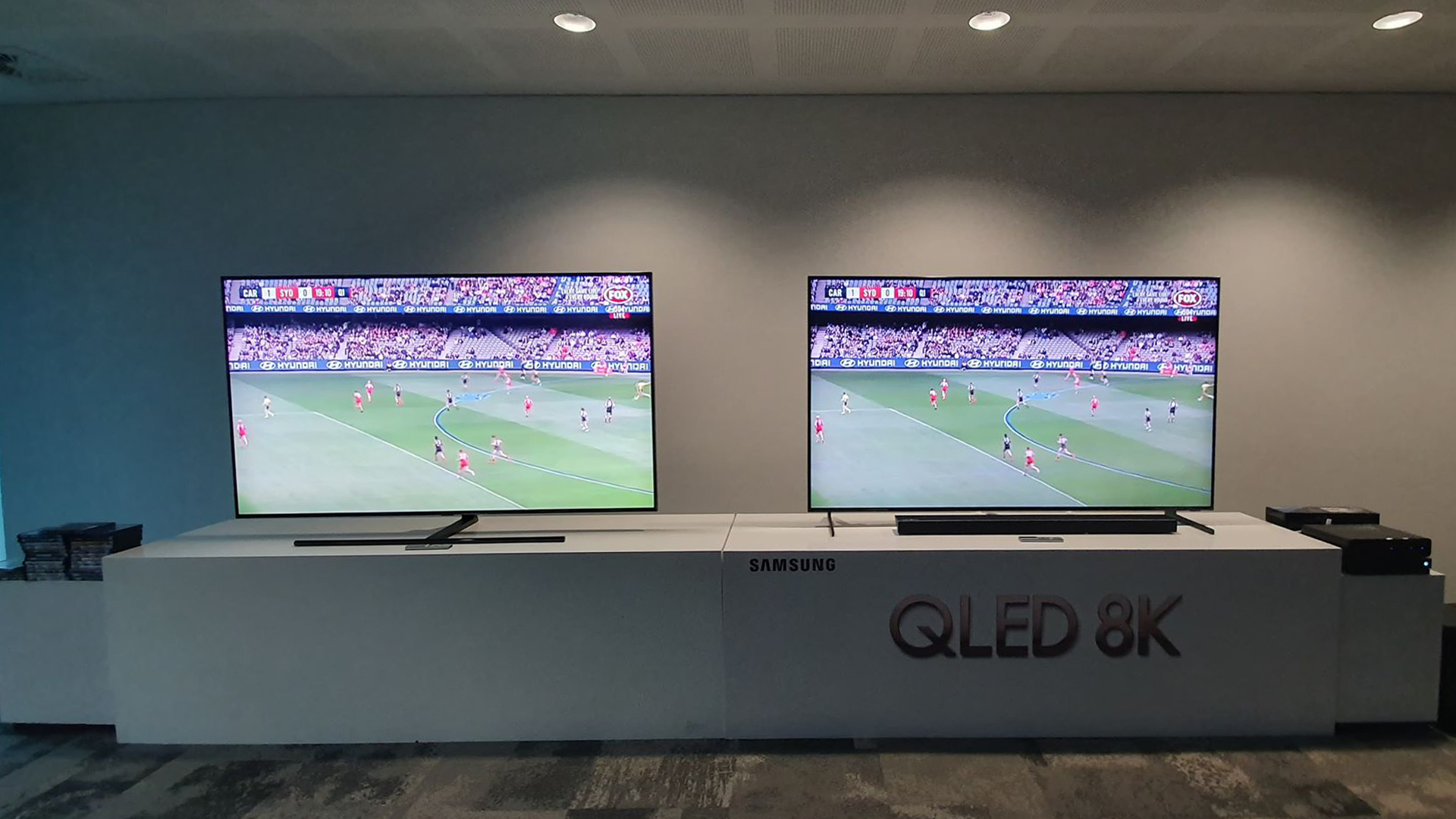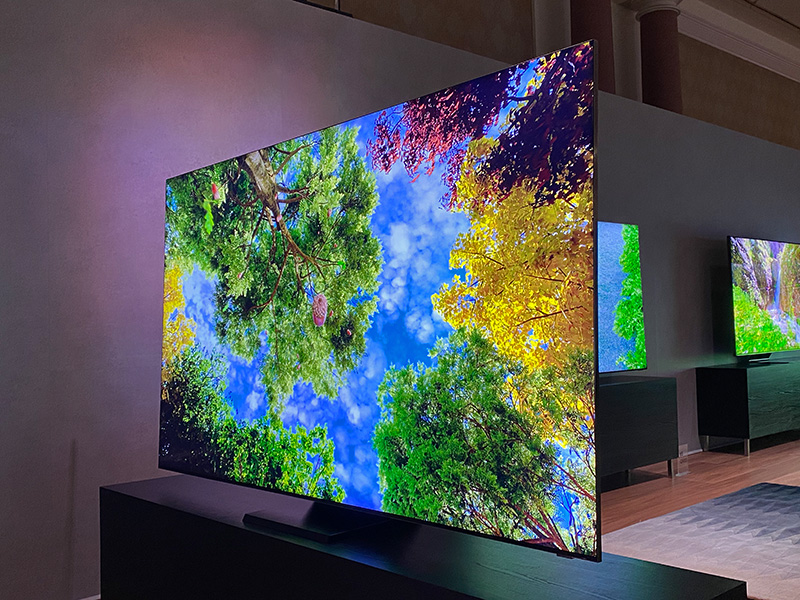
4K or 8K: is it worth paying extra for ultra-high resolution?
TV technology has advanced greatly in recent years, and consumers are now faced with a choice between 4K and 8K resolution. Both options offer incredible picture quality, but is 8K worth the premium? In this article, we'll look at the key differences between 4K and 8K TVs, and provide recommendations to help you make an informed choice.
What is 4K and 8K resolution?
4K (Ultra HD)
4K, also known as Ultra HD, has a resolution of 3840 x 2160 pixels. This is four times larger than Full HD (1920 x 1080 pixels) and provides significantly clearer and more detailed images.
8K (Super Ultra HD)
8K resolution is 7680 x 4320 pixels, which is four times larger than 4K and sixteen times larger than Full HD. 8K TVs deliver stunning picture detail and clarity.
Image quality
Clarity and detail
8K TVs offer unprecedented clarity thanks to a higher pixel count. This is especially noticeable on large screens, where pixel density plays a key role in image quality. However, for most viewers, the difference between 4K and 8K may not be as obvious on smaller screen sizes and at normal viewing distances.
Content availability
One of the main factors influencing the choice between 4K and 8K is content availability. 8K content is very limited today. Most movies, TV shows, and video games are available in 4K or even lower resolutions. Although 8K TVs can improve picture quality using upscaling technologies, native 8K content is still rare.
Performance and Features
Upscaling
Modern 8K TVs are equipped with powerful processors that can upscale 4K and even HD content to 8K resolution. This upscaling technology significantly improves image quality, making it clearer and more detailed. However, upscaling results may vary depending on the quality of the source content and the specific TV model.
Gaming features
If you plan to use your TV for video games, it's worth paying attention to support for technologies such as HDMI 2.1, VRR (variable refresh rate) and low input lag. 4K TVs already support these features quite well, while 8K models offer the added promise of future ultra-high-definition gaming.
Cost

Price of TVs
8K TVs are generally significantly more expensive than 4K models. If budget is an important factor, it's worth considering that for the same amount of money you can buy a high-quality 4K TV with additional features, such as improved sound quality or smart features, that may not be available on basic 8K models.
Future costs
In addition to the initial cost of the TV, it is worth considering additional costs. For example, streaming 8K content may require faster internet speeds and more bandwidth. Also, not all devices and cables support 8K resolution, which may require additional investment in new equipment.
Conclusion
Who is 4K suitable for?
4K TVs are ideal for most users, offering excellent picture quality at a reasonable price. If you're watching content on a medium or small screen, the difference between 4K and 8K may be minimal. 4K TVs also offer a wide variety of content and support for modern gaming and streaming technologies.
Who is 8K suitable for?
8K TVs may be of interest to technology enthusiasts and those who want to be at the forefront of progress. If you plan to use your TV on a very large screen or want to be prepared for more 8K content in the future, an 8K TV could be a great choice. However, be prepared for significant costs and a limited selection of content at the moment.
Total
Is it worth paying extra for 8K? It depends on your specific needs and budget. For most users, a 4K TV will provide excellent picture quality and support for all the necessary features. If you're looking for the best quality and are willing to invest in the future, an 8K TV could be a great choice.






